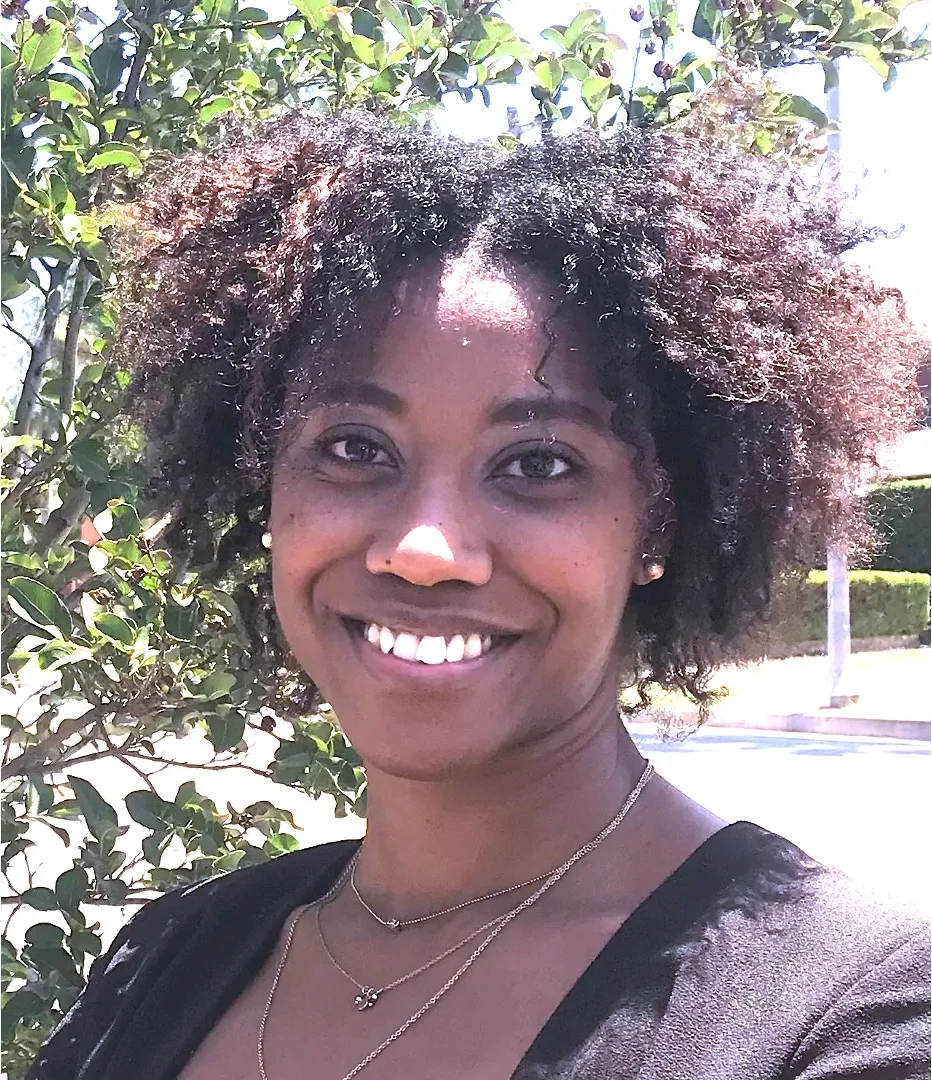Leadership

CHET Acting Director: Shyanika W. Rose, PhD, MA
Dr. Shyanika Rose is an associate professor of behavioral science and the acting director of the Center for Health, Engagement, and Transformation (CHET). Her research focuses on cancer control and prevention, tobacco regulatory science and health improvements across populations, especially those experiencing disparities. Her work aims to identify mechanisms by which policy initiatives can influence tobacco initiation and cessation and how policy can contribute to the reduction (or unintended widening) of racial/ethnic and socio-economic health disparities particularly in youth and young adult populations. She specifically works on point of sale and marketing policies, marketing of tobacco products in the retail and social media environment, mobile technologies for data collection, and extensive work related to flavored tobacco and menthol tobacco. She is the Multi-PI on the Appalachian Tobacco Regulatory Science Team (AppalTRUST) U54 focused on tobacco regulatory science in Appalachian Kentucky. She is also PI on a National Cancer Institute R01 focused on assessing the impacts of flavored tobacco sales restriction policies in 8 communities around the US among youth and young adults from diverse populations. Her research efforts have resulted in almost 90 peer reviewed publications. She is a near-peer mentor in the Research Scholars Program at UK to retain Early Career Faculty and has served on 3 search committees to bring new faculty to the Department and CHET. She is also on the Editorial Board of Health Promotion Practice and was a lead chapter author of the 2024 Surgeon General’s Report Eliminating Tobacco-Related Disease and Death: Addressing Disparities. She has been an instructor for BSC 732 Interdisciplinary Proposal Development and MD 811 Introduction to Clinical Medicine and has been the primary research mentor for multiple undergraduate, graduate students, and postdoctoral scholars.
Selected Publications:
Perceived racial/ethnic discrimination, marketing, and substance use among young adults.

CHET Associate Director for Dissemination and Outreach: Carrie Oser, PhD
Dr. Carrie Oser is a University research professor and the Di Silvestro Endowed Professor in the department of sociology and a faculty affiliate of the Center on Drug & Alcohol Research (CDAR) at the University of Kentucky (UK). As CHET’s associate director, her goal is to foster the growth of collaborative research-oriented relationships with faculty and students across UK’s campus and with community partners to promote health equity in the Commonwealth of Kentucky.
Dr. Oser is passionate about conducting rigorous high-impact research to improve the lives of individuals with substance use disorders (SUD), especially among underrepresented populations. She has been continuously funded as a principal investigator (PI) for over a decade by the National Institutes of Health (NIH) on six awards totaling more than $7.3 million examining populations of persons who use drugs in a variety of areas including SUD/HIV interventions, addiction health services, social networks, and implementation science. She regularly collaborates on interdisciplinary substance use research projects and has served as a Co-Investigator on 14 other NIH studies totaling over $137 million. She is leading the GATE study (https://gate.uky.edu/, R01-DA048876) examining how social networks influence a person’s decision to initiate medication for the treatment of opioid use disorder in prison and post-release in rural versus urban counties. She is currently a Co-Investigator on five other NIH-funded projects, including the landmark HEALing Communities Study (UM1-DA049406), overseeing partnerships between community coalitions and criminal legal system agencies to deploy evidence-based practices to reduce opioid overdose deaths and contributing to UK’s implementation science and administrative cores. Dr. Oser has published over 150 peer-reviewed articles and received numerous awards for her mentorship of more than 50 graduate students and early-career faculty.

CHET Manager: Ariel A. Arthur, MPH
Ariel Arthur is a passionate and engaged public health professional whose work focuses on the opportunities necessary for populations to experience optimal wellbeing. Working at the intersection of public health research and practice, she strives to share power and resources with community members in order to understand distributions of health in the context of lived experience and history. As an experienced public health professional, Ariel collaborates with partners to work towards policies and practices that support positive community health outcomes. She is committed to addressing the role systems of oppression play in adverse pregnancy and birth outcomes, particularly in the U.S. To this end she has contributed to research, education, mentorship, and professional development focused on maternal morbidity and mortality in Kentucky.
Ariel worked for over three years as a Health Policy Analyst with the Kentucky Department for Public Health’s Office of Health Equity to reduce disparities throughout the commonwealth, and in the Chronic Disease Prevention Branch addressing disparities in asthma and colon cancer. She currently serves as the inaugural manager of the Center for Health, Engagement and Transformation at the University of Kentucky, whose mission is to synergize innovative, transdisciplinary, and impactful research and training to improve the health of the most vulnerable residents of Kentucky and beyond. She leads and executes the center’s programming and communication, and provides administrative oversight for training, internal research awards, and philanthropy efforts. She also serves as a program coordinator in the department of behavioral science where she supports research training and enrichment activities.
Ariel graduated from The George Washington University in May 2014 with a BA in Biological Sciences and a minor in Public Health, and received an MPH in Health Behavior from the University of Kentucky in May 2024. She was born and raised in California and has also lived in Atlanta and Washington, D.C. Now that she calls Kentucky home, she enjoys working to ensure all populations she serves achieve the highest level of well-being.

CHET Associate Director for Research and Community Engagement: Lauren Whitehurst, PhD
Assistant professor in the department of psychology at the University of Kentucky. Dr. Whitehurst’s research seeks to define “good” sleep and how we can leverage it to support healthy cognition and combat disease and cognitive decline. The major themes of her work are centered around investigations of both central (e.g., electroencephalographic) and autonomic (e.g., electrocardiographic) indicators of sleep and their contributions to cognition. She also examines how stress-sleep interactions impact cognitive function and the importance of sleep to the development of accelerated or pathological cognitive decline (e.g., dementia/Alzheimer’s disease). She is particularly interested in how the lack of access to restorative sleep can play a role in creating or exacerbating disparities in cognitive health. Lauren Whitehurst received her. BS in psychology and an MA in experimental psychology from James Madison University in 2011 and 2013, respectively. She completed her PhD in psychology from the University of California, Riverside in 2018 and completed her training as a Chancellor’s Postdoctoral Fellowship in the Center for Health and Community and the department of psychiatry at the University of California, San Francisco in 2020.